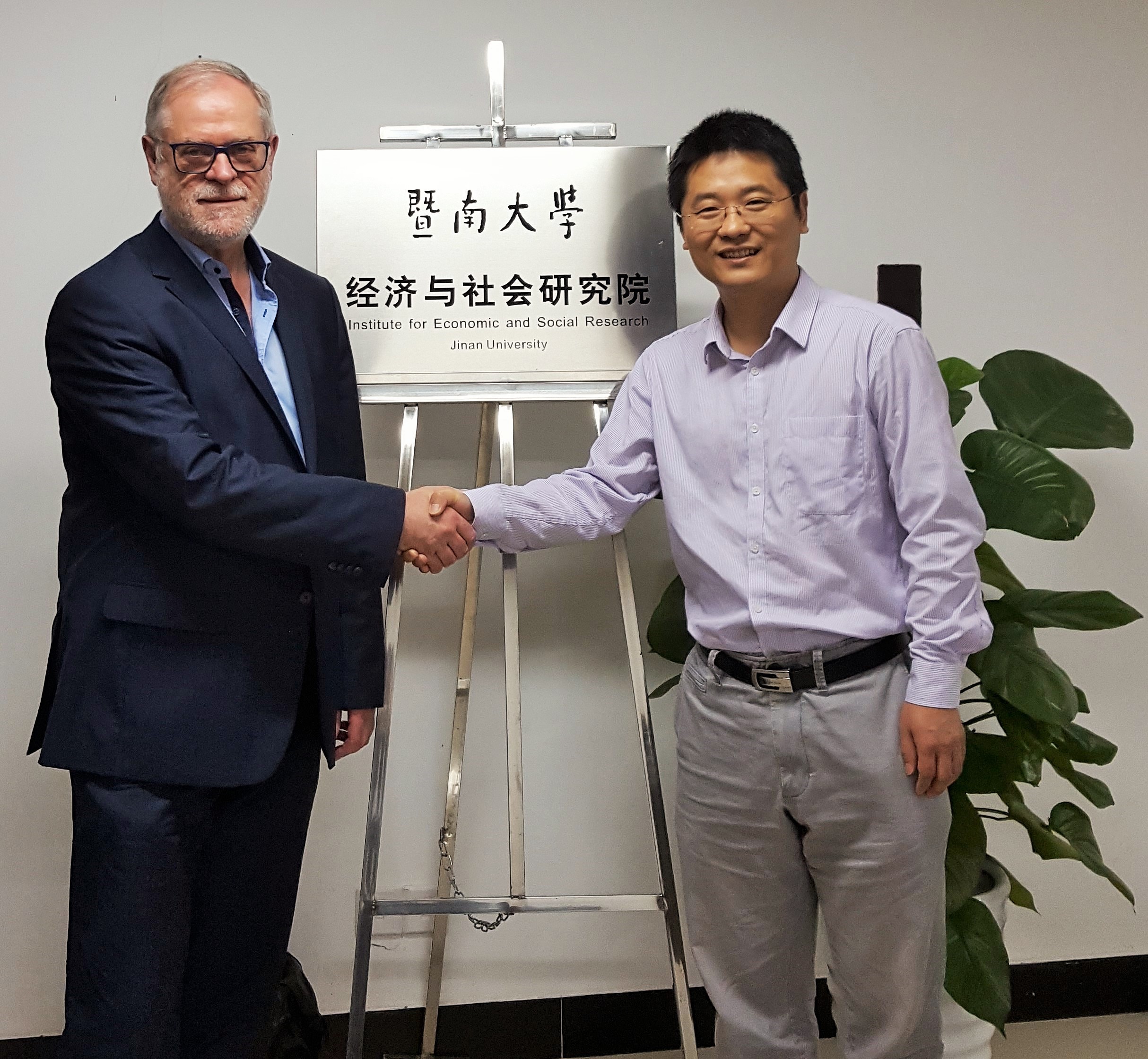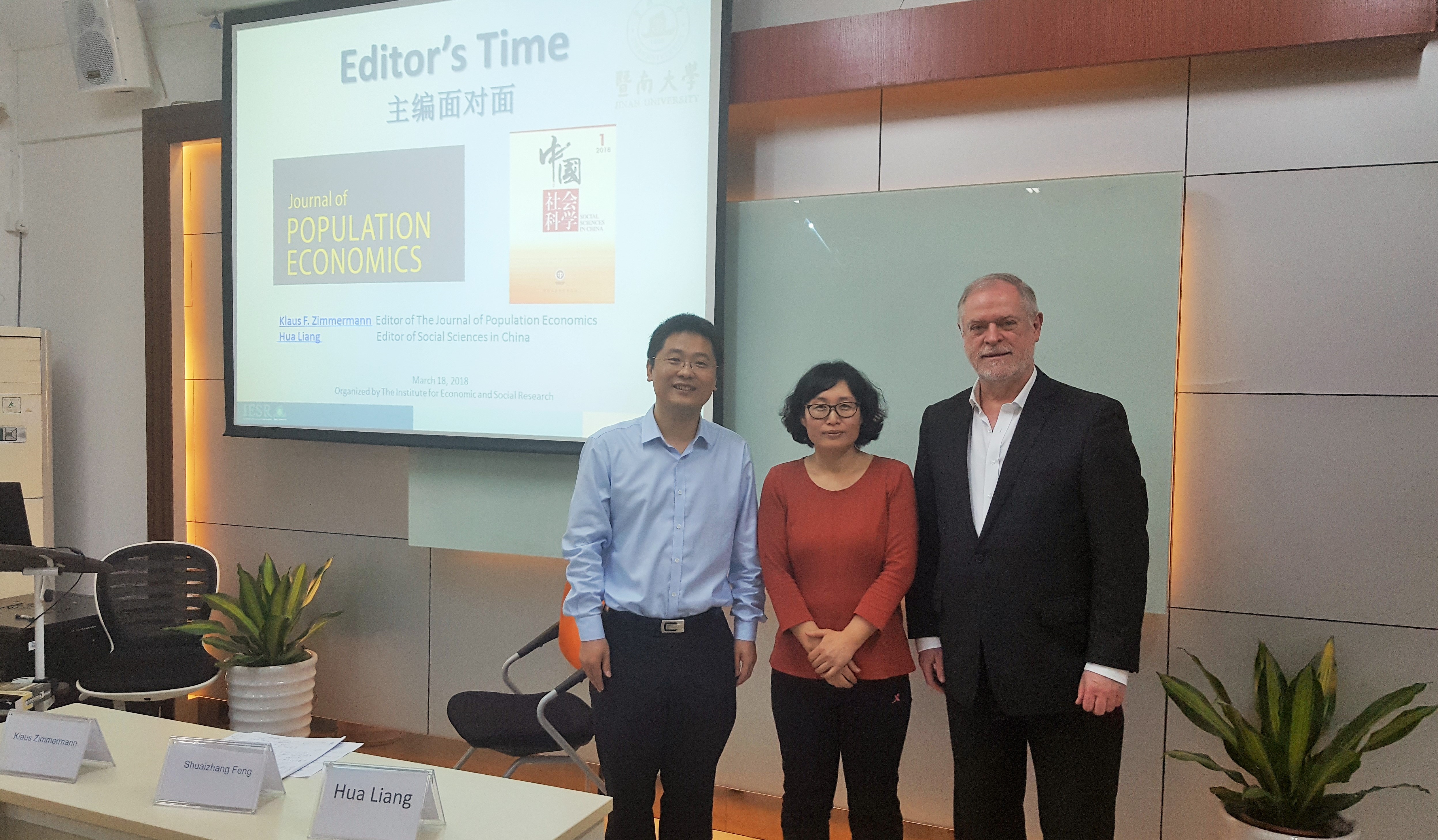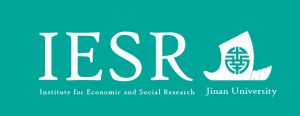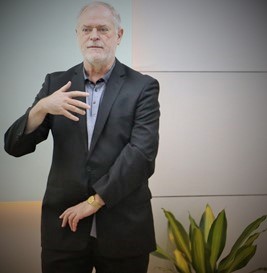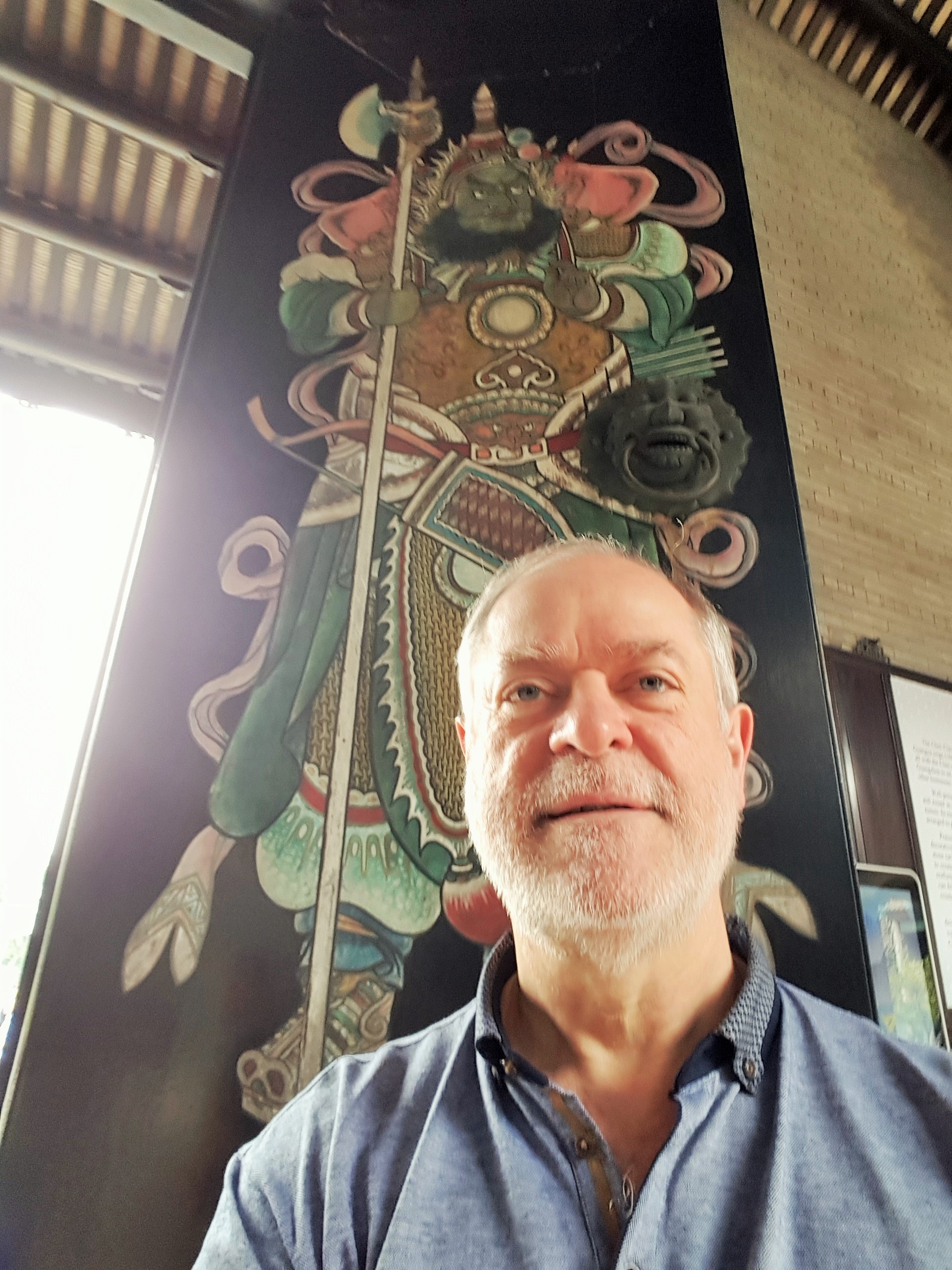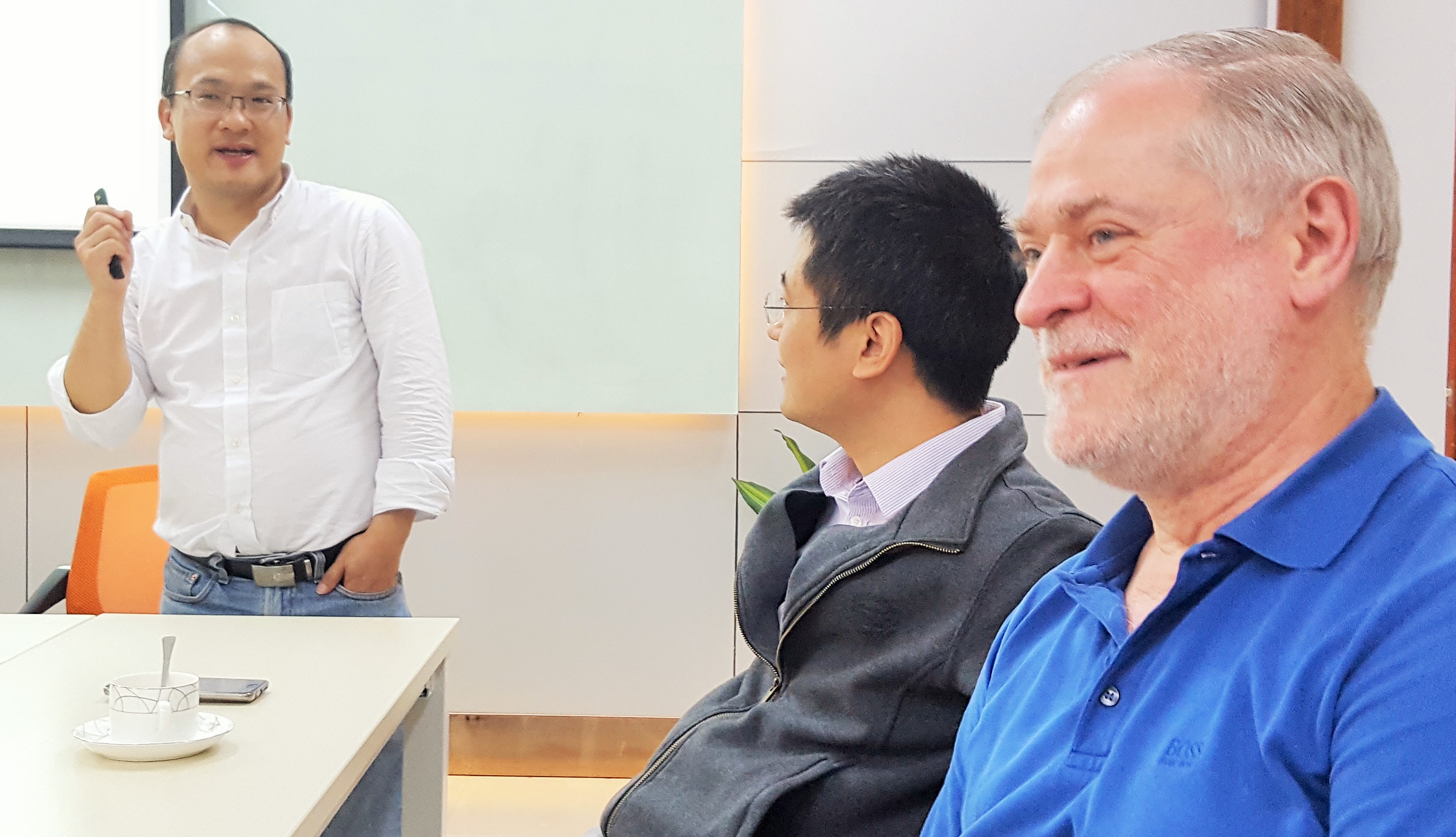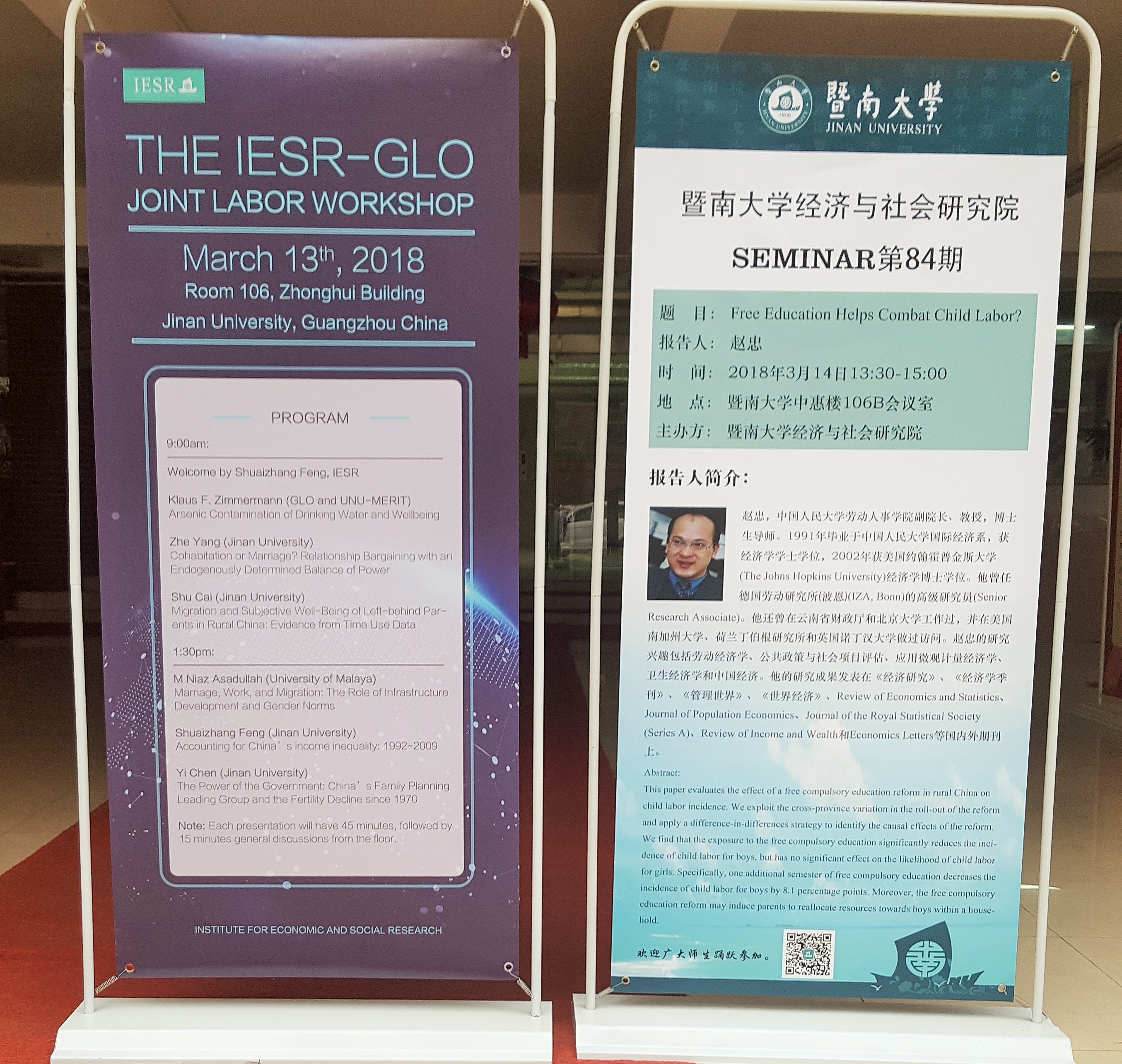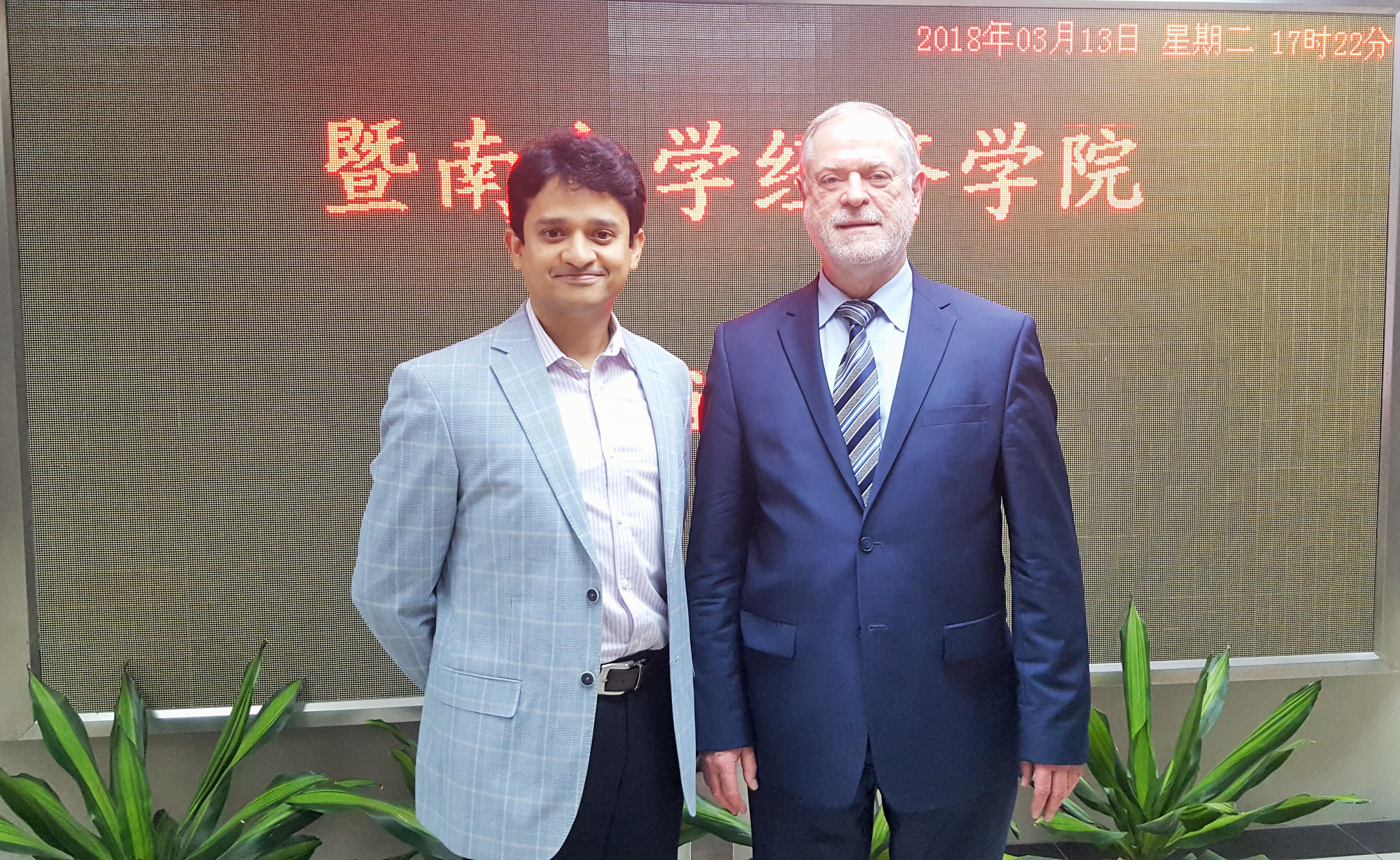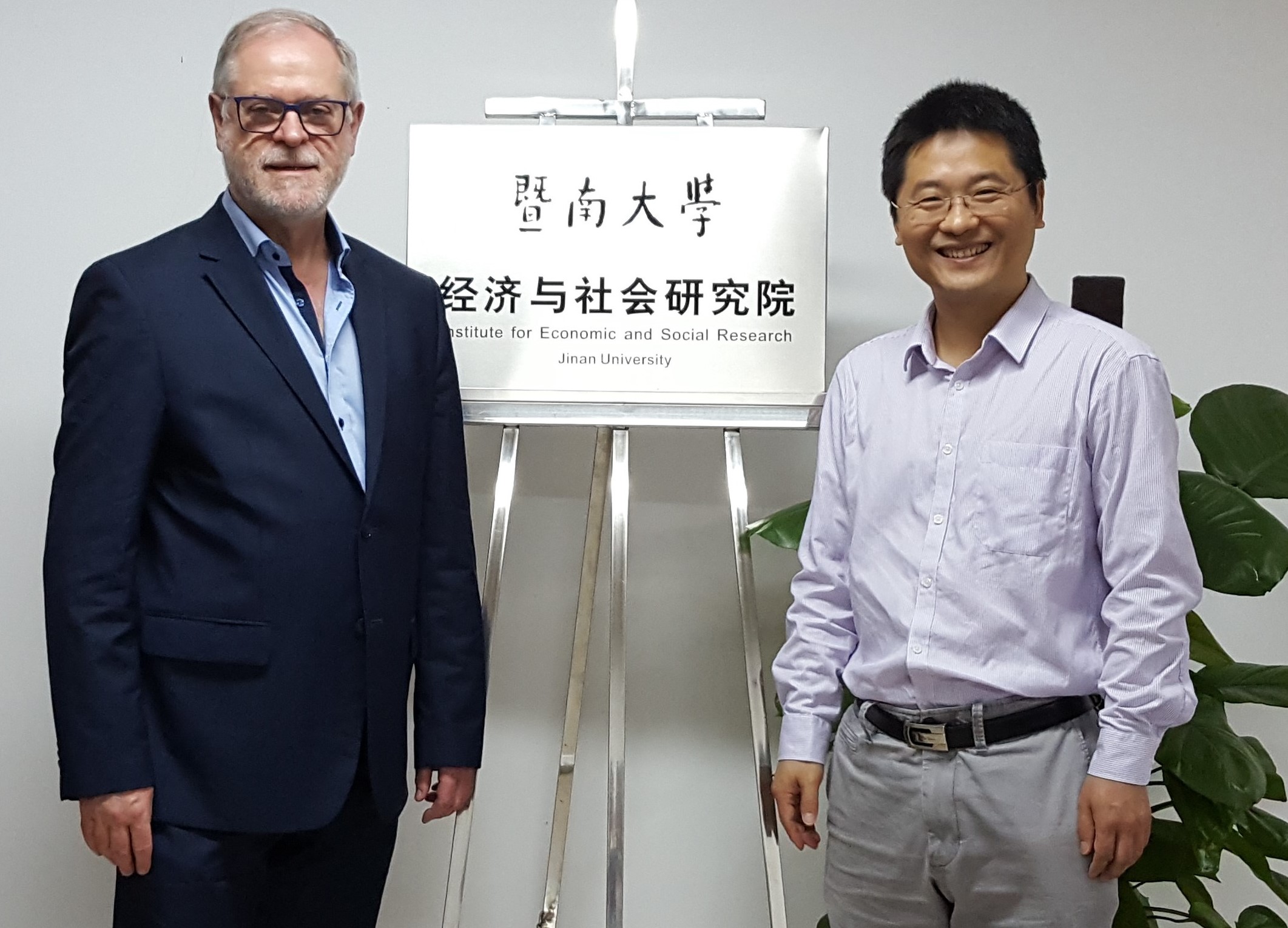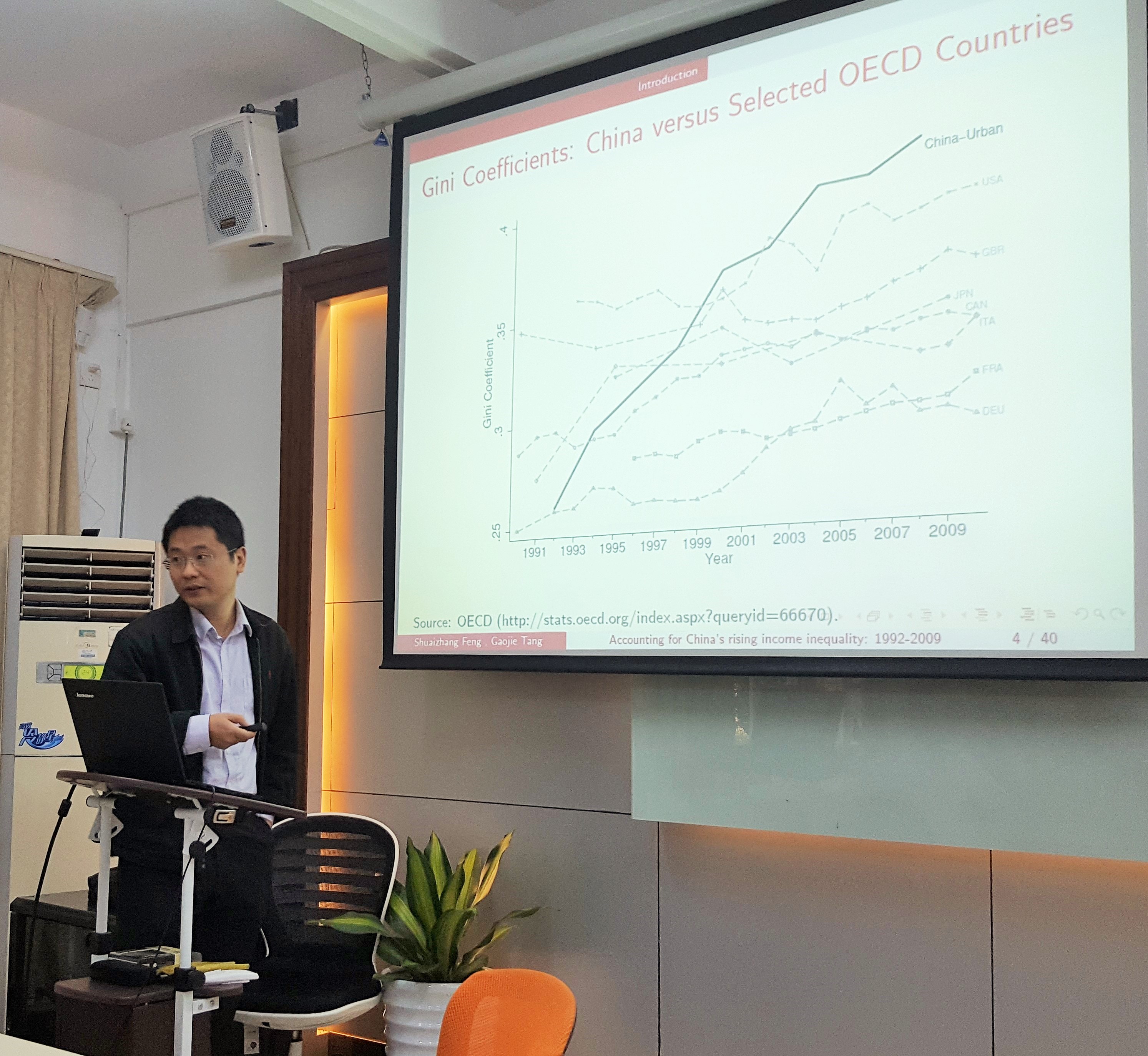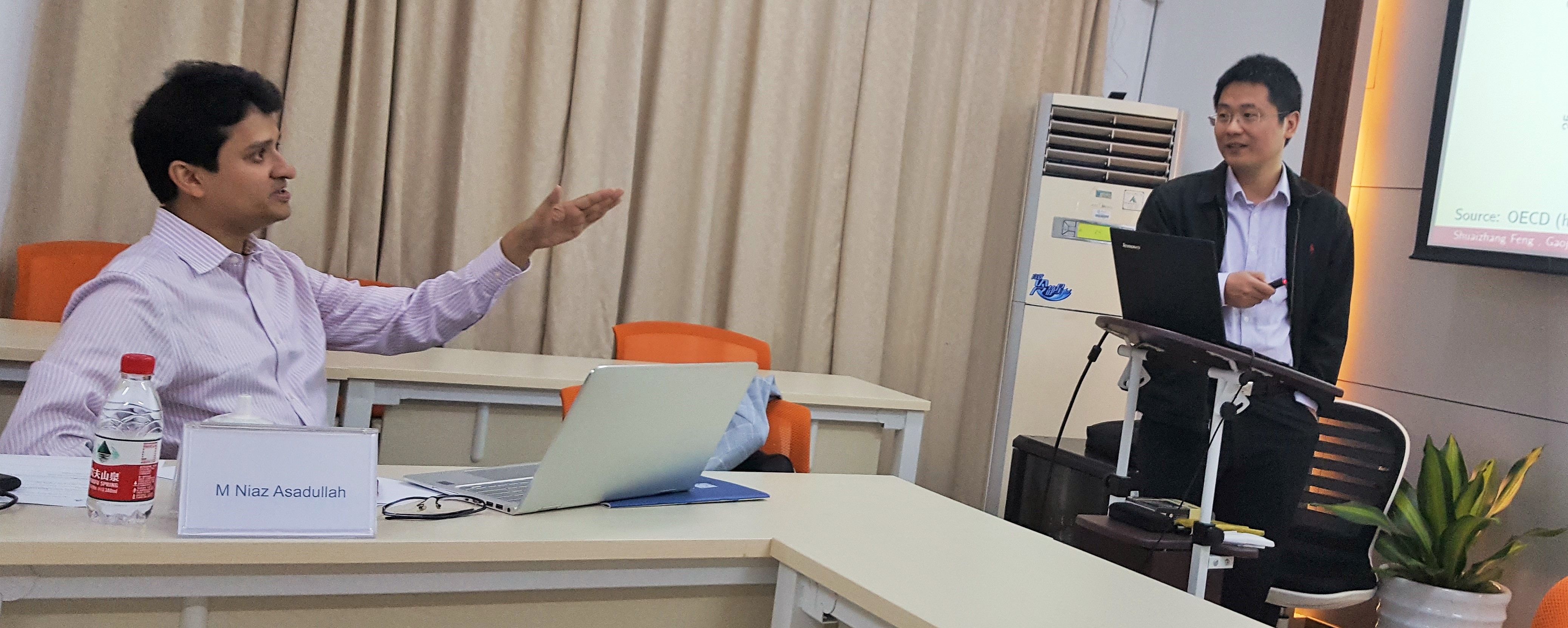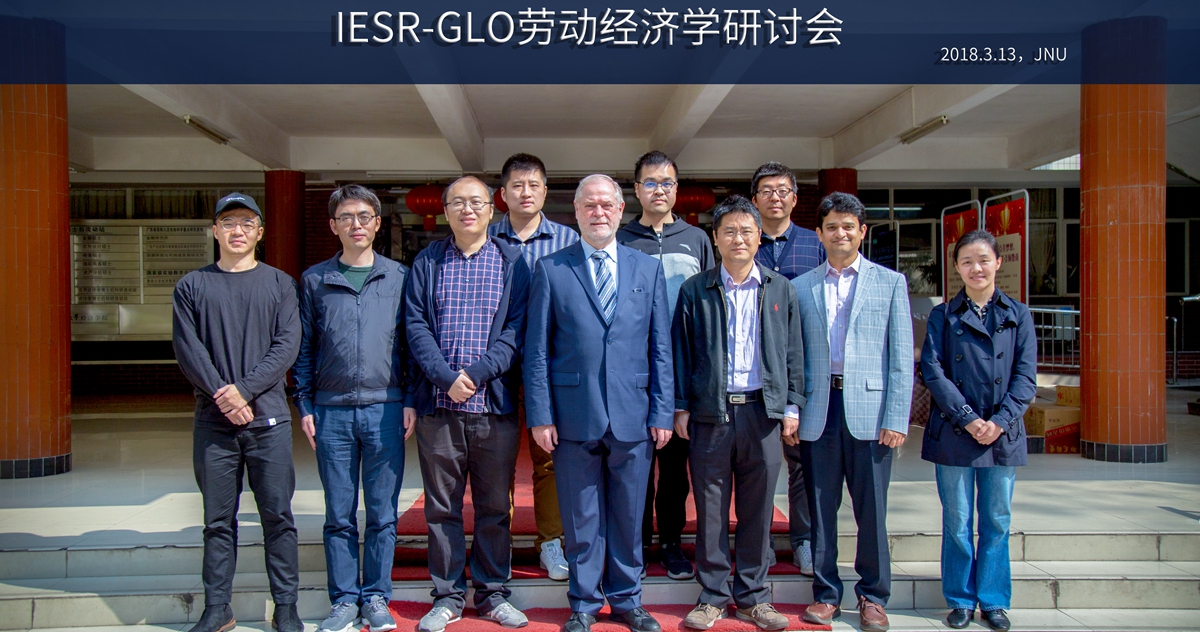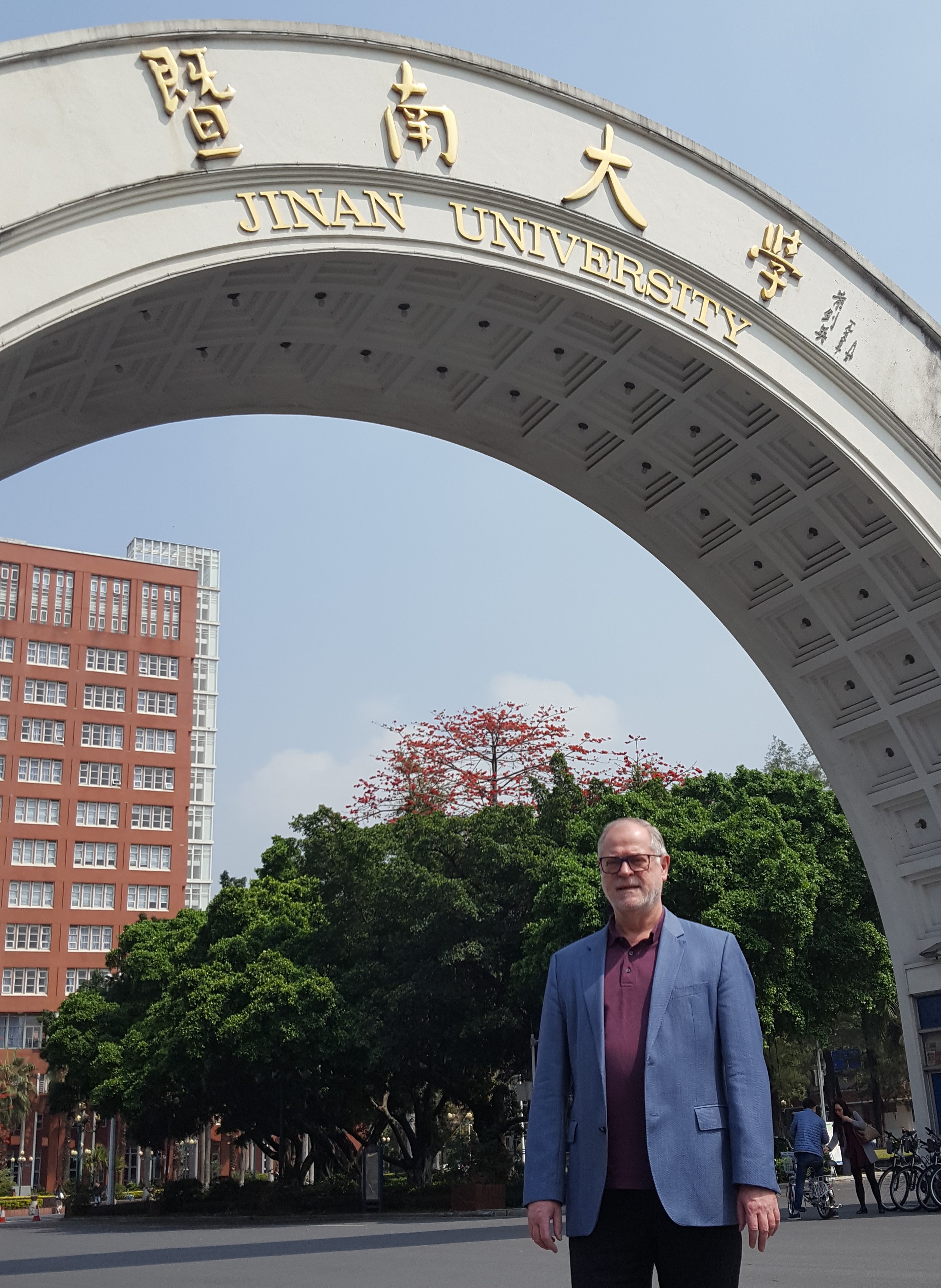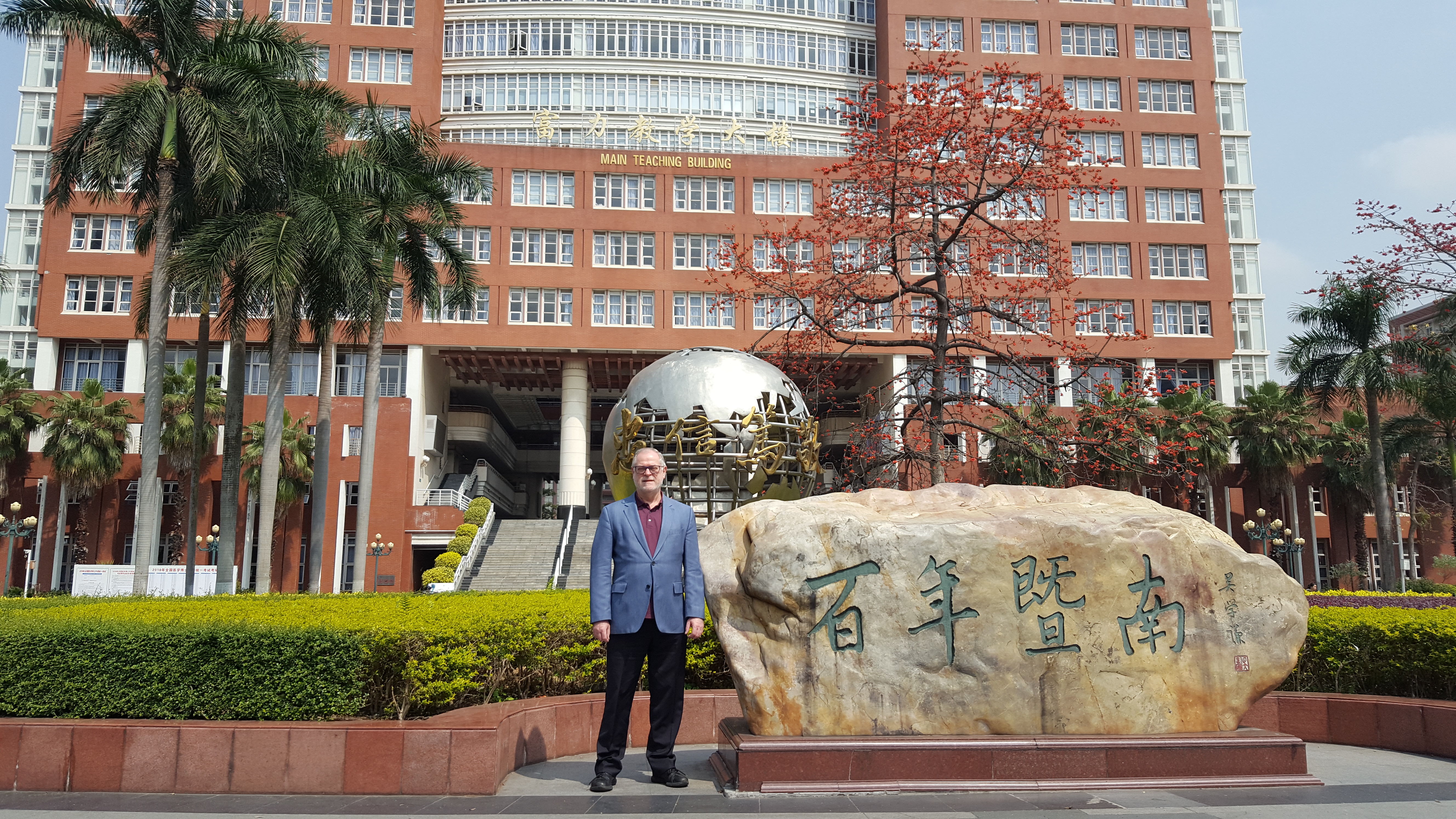The 25th Conference of the Eurasia Business and Economics Society (EBES) will take place on May 23-25, 2018 in Berlin/Germany. It is jointly organized with the Global Labor Organization (GLO) and hosted by the FOM University in their Berlin study center. A previous announcement. See also for: Further information.
On May 23, 2018 three GLO sessions will contribute to the success of the 25th EBES conference in Berlin:
GLO Policy Panel on: “Mobilizing Human Resources in Africa”
GLO Research Paper Session on: “Wellbeing”
GLO “Thematic Research Cluster” Session
!! At the 25th EBES/GLO Conference – Berlin, Germany, May 23, 2018!!
Policy Panel on: “Mobilizing Human Resources in Africa”
Ernest Ngeh Tingum (University of Cape Town, South Africa): A research agenda for trade developments in Africa
Martin Kahanec (Central European University, Budapest, Hungary) with Martin Guzi (Masaryk University, Brno, Czech Republic): A research agenda concerning subjective and objective evaluations of living wages in Africa
Kea Tijdens (University of Amsterdam, Netherlands, and WageIndicator Foundation): A research agenda focussing on informal labour markets in Africa
Tilman Brück (International Security and Development Center, Berlin, Germany and London School of Economics, UK): Employment Creation and Peace Building
Almas Heshmati (Jönköping International Business School, Sweden, and Sogang University, South Korea; GLO Cluster Lead Africa): GLO Thematic Cluster on Labor Markets in Africa
SESSION CHAIR: Kea Tijdens (University of Amsterdam, Netherlands, and WageIndicator Foundation) and Christoph Kannengießer (CEO, German African Business Association), invited
Abstracts:
TINGUM: Micro data of the Regional Program Enterprise Development for Cameroon’s manufacturing firms in 2009 reveal that most firms were technically inefficient, but that firms in the food processing sector, followed by wood and furniture were most efficient. Firms with 5 to 20 years of operation experience were found to be more efficient. Results show that a higher level of efficiency, firm size, foreign ownership, lower tax rates, producing in the industrial zone, and being in the food processing and textile sectors are the major determinants of the propensity to export and for the decision to export or not. The policy recommendation is that, there is still room for technical efficiency improvements with existing firm technologies. In the near future, however, new technologies must be introduced to sustain higher efficiency levels and reduce related production costs. More so, in order to promote efficiency and export performance, polices should be designed at attracting FDIs more especially in the food processing and textile sectors. Follow-up research is urgently needed, for Cameroon and other African countries. (See Ngeh Ernest Tingum (2014) Technical Efficiency and Manufacturing Export Performance in Cameroon, A Firm Level Analysis, Ph.D. (Economics) Dissertation, University of Dar es Salaam, Tanzania.)
KAHANEC with GUZI: Living wages are increasingly used to assess the economic adequacy of legal minimum wages. Different approaches have been developed to estimate the cost of living for a family of a particular size across countries. In this paper the calculated living costs are contrasted with the subjective measures of minimum family income necessary to secure a decency. The aim of this effort is to understand that the subjective and objective evaluations of living wages have direct relevance to the concerns of societies and individuals. Data from different sources are put together (including available national surveys and WageIndicator Cost of Living surveys that include question on minimum family income) to gather information for the number of African countries. The calculated living costs are obtained from the reports of Global Living Wage Coalition and WageIndicator that estimate the living wages in developing countries. In addition to informing policy, this research will show that living wages provide a meaningful metric of economic adequacy that reflects the needs of workers and their cost of living.
TIJDENS: In recent decades, the informal economy has evoked considerable interest from researchers, aiming to estimate and explain its size in developing countries. Over the years a variety of views on informality have proliferated and the range of indicators has been broadened accordingly, as can be grasped from ILO, IMF and World Bank publications. The topics of discussion focus around the status of micro-entrepreneurs, informal or unregistered workers in formal enterprises, and in/exclusion from the benefits and rights incorporated in labour laws and social security systems. The plurality of views tends to collide with the limited possibilities to empirically test the dimensions suggested, often resulting in a return to simple dichotomies. Based on merged data of comparable face-to-face surveys sampled from national establishment registers in nine countries: Benin, Ghana, Guinea, Kenya, Madagascar, Niger, Rwanda, Senegal and Togo (2006-2014) the authors developed an index for job-based informality: an 11-point interval scale, ranging from 0=very informal to 10=very formal, based on employment status, agreed working hours, earnings in cash or in kind, and contribution and entitlement to social security. Working in a small establishment is the most important factor determining a low score on the index, and so are workers in trade, transport and hospitality, and having a low education. The more informal workers are, the lower their wages, and the more they are working more than 48 hours. A research agenda for Africa should include detailed empirical measurement and analysis of the multi-dimensional concepts of informal work, to underpin policies related to formality in labour markets. (See Tijdens KG, Besamusca J, Van Klaveren M (2015) Workers and labour market outcomes of informal jobs in formal enterprises. A job-based informality index for nine sub-Saharan African countries, European Journal of Development Research, 1 – 19, doi: 10.1057/ejdr.2014.73)
BRÜCK: An increasing share of the poorest people in the world live under the shadow of violent conflict, weak institutions or humanitarian emergencies, in particular in Africa. Their behavior and welfare and the means to support these people effectively is not very well understood academically, in part as a result of the poor availability of data in this field. Recent advances in this field have focused on understanding the impact of conflict on human capital, analyzing how employment and entrepreneurship can contribute to peacebuilding, learning about the interactions between conflict and migration, and the development of tools of conduct rigorous impact evaluations in conflict and fragile Areas. The contribution in this panel will will focus on the lessons this research can provide for policymaking in Africa.
HESHMATI: The African economy is growing fast. The change is a result of the continents development, relocation of production, industrial development and service sectors expansion. The continent is facing a number interrelated challenges. This include the pressing issues related to labor market, human resources, environment, and population in an African context. The recent World Bank advances in household, firm, industry and national level data collections have enabled a new interest in development economics research. The focus of this cluster is on: the mobility of labor within and across countries; the labor market reforms, work conditions and rights of workers; the job market training programs and their evaluations; school-to-work transition and youth unemployment; trends in income, assets and education inequality and multidimensional poverty; discrimination and women’s participation in the labor market; urban-rural migration and infrastructure investments; entrepreneurship; environment, sustainable development and labor market policy; health, happiness, social policy and well-being; and labor market implications of growing population and ageing. This GLO Cluster includes studies using policies and their evaluations with regard to the emerging and the developing economies in Africa.
!! At the 25th EBES/GLO Conference – Berlin, Germany, May 23, 2018!!
GLO Research Paper Session on: “Wellbeing”
Almas Heshmati (Jönköping International Business School, Sweden, and Sogang University, South Korea) with Masoomeh Rashidghalam and Pia Nilsson: Measurement and Analysis of Multidimensional Well-being in Rwanda
Olena Nizalova (University of Kent, UK) with Olga Nikolaieva, Jonas Voßemer, Michael Gebel and Katerina Gousia: Youths’ experiences of labor market shocks and late life well-being and health
Milena Nikolova (University of Groningen) with Boris Nikolaev: Family Matters: Involuntary Parental Unemployment During Childhood and Subjective Well-being Later in Life
Corrado Giulietti (University of Southampton): Migration and Wellbeing in the UK
Klaus F. Zimmermann (UNU-MERIT) with John Haisken-DeNew: The New Australian Work Life After the Refugee Camp
Francesco Pastore (University of Napoli): Working But Watching Every Penny? Working Poverty and School Dropout in Mongolia
SESSION CHAIR: Milena Nikolova (University of Groningen) and Matloob Piracha (University of Kent)
Abstracts
HESHMATI: The well-being of families and their children is given high priority in development goals. Children’s well-being in Africa is important since the growing number of children is the greatest resource of this continent. Rwanda was one of the first countries that ratified the Convention on the Rights of the Child. The country, despite its very low GDP per capita, also has one of the best child well-being indicators in Africa. In the recent past the country has also had two important achievements: protection of children by establishing the National Commission for Children and launching a Strategy for National Child Care Reform. The measures aim to protect children’s rights and integrate children into families that are supported to provide needed care to them. These achievements are largely the result of strong laws and policies many of which have been developed with support from UNICEF. Investments in children’s well-being will help in addressing many persistent difficulties that society may have to face in the future. What happens during the early years is of crucial importance for every child’s development. This period offers great opportunities, but children are also vulnerable to negative influences. The objective of this research is to estimate multidimensional well-being of children and their families in Rwanda. The aim is to compute an overall well-being index decomposed into its underlying main components. The households are ranked by the level of well-being and by various household and community characteristics. The results shed light on the state and changes in the well-being of children and their families in Rwanda indicating which provinces and districts offer relatively better conditions for them. This can serve as a model for public policies aimed at improving general well-being in the country.
NIZALOVA: Since the start of the Great Recession many European countries have been witnessing unprecedented growth in unemployment rate, with youth being hit the hardest. This trend has raised concerns about the long-term consequences of unemployment and labour market insecurity while young on various outcomes. This paper exploits a unique opportunity provided by the retrospective module of the Survey of Health, Aging and Retirement in Europe to investigate the impact of unemployment experienced at young age on wellbeing and health at age 50 and beyond. Employing random coefficients modelling we find that labor market shocks from layoffs and plant closures have negative long-lasting consequences in terms of people’s health and wellbeing. Moreover, in case of the wellbeing, there is not only a downward shift of the entire wellbeing-age trajectory, but also an alteration in its shape. We do not find evidence in support of the hypothesis that individual response to labor market shocks differs by country.
NIKOLOVA with NIKOLAEV: This paper is the first to study how unexpected and involuntary parental unemployment experienced during childhood affects adult life satisfaction in Germany. Using household panel data linking parents and children and information on exogenous parental job loss due to company closures, we find that children whose parents were jobless have lower life satisfaction at ages 18-31 if the unemployment occurred when the child was 11-15 years old and if the father—rather than the mother—became unemployed at those ages. The life satisfaction penalty from parental unemployment experienced at ages 11-15 is also more pronounced among males, non-first born children, and those living in West Germany. Maternal unemployment during childhood is particularly harmful for young adults’ well-being if it occurred when the child was 0-5 years old and is entirely driven by those living in East Germany. Nevertheless, parental unemployment during childhood can also be positive for young adults’ life satisfaction, depending on the age at which it occurred and the child’s gender. Our results are independent of the local unemployment conditions and individual and family characteristics when growing up and are robust to controlling for parental job loss expectations. Adopting a life course perspective of family unemployment demonstrates that the intergenerational psychological costs of unemployment are more nuanced than previously thought. Such information can be important to policymakers when designing the timing of unemployment relief programs.
GIULIETTI: In this paper, we study the effects of immigration on the well-being of the UK native population. We use data from the British Household Panel Survey and the UK Household Longitudinal Study to empirically assess the impact of immigration on life satisfaction. Subsequently, we explore whether the impact of immigration varies depending on the geographical level considered, the characteristics of natives and on the type of immigrants. In the final part of the analysis, we assess the various dimensions of life satisfaction and explore the potential channels at work.
ZIMMERMANN with HAISKEN-DENEW: The world has recently seen a strong rise in refugee migration causing stricter reception policies in traditional immigration countries such as Australia in 2013. In the public debate, refugee and detention camps have played a very controversial role, in particular in the Australian case. The paper uses unique Australian panel data for 2013 – 2016 of (recognized) refugees to examine the effects such camps have on the employment success and wellbeing of the forced migrants. The data exhibits a slow labor market integration process only. The experience of camps has positive employment effects and there are no measurable mental health consequences.
PASTORE: This essay aims to study the determinants of working poverty at an individual level in Mongolia, one of the 50 poorest countries of the world. Working poverty means working for a salary that is below the poverty line. Our focus is on school dropout and family background, which is allowed by the type of data used, a school-to-work transition survey carried out by the ILO over a sample of young people aged 15 through 29 years.
!! At the 25th EBES/GLO Conference – Berlin, Germany, May 23, 2018 !!
GLO Thematic Research Cluster Session
Marco Leonardi (University of Milan): Labor Reform Policies and Italy After the Elections
Martin Kahanec (Central European University): Labor Mobility in the EU
Nick Drydakis (Anglia Ruskin University, Cambridge, UK): Gender, Gender Identity, Sexual Orientation and Labor Market Outcomes
Corrado Giulietti (University of Southampton): The Chinese Labor Market
Francesco Pastore (University of Napoli): School-to-Work Transition
Marco Vivarelli (Catholic University of Milan): Technological Change and the Labor Market: Employment, Skills, and Wages
Almas Heshmati (Jönköping International Business School, Sweden, and Sogang University, South Korea): Green Employment Creation
Tilman Brück (International Security and Development Center, Berlin, Germany and London School of Economics, UK): Labor in Conflict, Fragile and Emergency Areas
SESSION CHAIR: Corrado Giulietti (University of Southampton) and Matloob Piracha (University of Kent)
Abstracts
LEONARDI: The GLO Cluster Labor Reform Policies focuses on reviewing and comparing the impacts of labor market reforms across countries. Many countries have had different labor market reforms across time. Germany in the year 2000s and much later Spain, France and Italy. Labor market reforms cover different dimensions: employment protection legislation, unemployment benefits, short time work, active labor market policies and wage bargaining. Each reform has a specific impact that can be evaluated using econometric methods in partial equilibrium. However, when countries try to learn from each other the best practice of reforms, the attention shifts to the political economy of reforms: the overall impact on the economy and the judgment on the political feasibility of reforms. More broadly, this GLO Cluster includes both studies using policy evaluation methods and studies which tackle the political economy of reforms in EU countries with the purpose of providing academic and policy makers with a large spectrum of reviews of the existing literature and of comparisons across countries. The presentation at the conference will have a special focus on the situation of labor market reforms after the Italian election.
KAHANEC: The consecutive enlargements of the EU, most recently including 11 countries from Central Eastern Europe and Cyprus and Malta (2004, 2007, 2013), have extended the freedom of movement to workers from 28 EU member states and a population of more than half a billion. In spite of the documented overwhelmingly positive effects of EU mobility, the perceptions of and attitudes to EU mobility have become increasingly polarized, which may have contributed to UK’s decision to leave the EU. The GLO Cluster EU Mobility focuses on causes and impacts of EU mobility on receiving as well as sending labor markets, and migrants themselves. Some of the key focus topics include EU mobility’s impacts on employment and wages, productivity and innovation, public budgets, labor supply and employment prospects of those left behind, remittances and brain drain, and perceptions of and attitudes to EU mobility. This Cluster has the ambition to generate rigorously scrutinized evidence on these topics and by doing so enable key stakeholders and policy makers to make informed decisions about EU mobility frameworks to the benefit of EU citizens.
DRYDAKIS: The GLO Cluster Gender, Gender Identity, Sexual Orientation and Labor Market Outcomes focuses on the state of being man or woman (gender), which is typically used with reference to masculinity vs femininity rather than sex, the internal and personal conception of oneself as man or woman (gender identity), and sexual preferences (sexual orientation) and their effects on wages, employment levels, occupational sorting, and workplace evaluations.
What is seen as gender-appropriate can change over time, and gender assumptions are interpolated by cultural, historical and regional location. The combined effects of sex equality, feminism and the gay movement have challenged the conception of gender related issues. This GLO Cluster includes studies on gender characteristics, stereotypes and deviations, trans identities, sexual orientation minorities and labor market outcomes. This GLO Cluster aims to provide evaluations of labor and organizational initiatives, practices and policies aiming at a higher degree of knowledge and inclusion for gender, gender identity and sexual orientation expressions.
Despite the enactment, in English speaking countries and the EU, of labor legislation against discrimination in the labor market based on sexual orientation and gender identity, LGBTI people continue to experience occupational access constraints, lower job satisfaction, wage discrimination, and more bullying and harassment than their heterosexual counterparts. In general, the dearth of studies makes it difficult to examine how education, occupation, industrial relations, region, core socio-economic characteristics, personality and mental health traits moderate the relationship between sexual orientation and labor market outcomes. In addition, quantitative research on employment outcomes is scarce for trans people. The interaction between trans identity, and sexual orientation, and the effects of this on employment outcomes is under-examined. Whether explicit, legislative employment protection against discrimination on the ground of a trans identity has an effect on employment outcomes has also received little attention.
GLO cluster on Gender, Gender Identity, Sexual Orientation and Labor Market Outcomes handles empirical studies on labor economics which have a clear and highlighted added value, and solid policy implications, on the following areas:
◾Testing, in under-examined geographical regions, for wage discrimination based on sexual orientation.
◾Empirically testing and disentangling the forms of employment discrimination (i.e. prejudice-based, and/or statistical discrimination) against LGBTI people.
◾Examining the relationship between sexual orientation, personality characteristics, mental health and employment outcomes.
◾Assessing how moderators (i.e. human capital, educational choices, occupations, family structure, industrial relations etc.) affect the relationship between sexual orientation and labor market outcomes.
◾Testing the relationship between sexual orientation, past/present victimization and labor market outcomes.
◾Quantifying the relationship between sexual orientation and job satisfaction.
◾Evaluating the impact of the legal recognition of same-sex couples on labor market outcomes.
◾Evaluating the impact of employment legislation against sexual orientation and trans identity discrimination on labor market outcomes.
◾Quantifying employment bias against trans people.
◾Examining the interaction between transidentities, sexual orientation and labor market outcomes.
GIULIETTI: The GLO Cluster on the Chinese Labor Market aims at developing a research agenda around major challenges that China is currently facing, such as: rural-urban migration, structural changes in the labor force, rising income inequality, segmentation and labor market discrimination, labor market policy. At a broader level, this cluster aims at generating evidence-based policy advice for Chinese policymakers and for stakeholders interested in the Chinese labor market.
PASTORE: The GLO Cluster School-to-Work Transition will address economic and policy issues related to the school-to-work transition (SWT). A SWT regime denotes the set of institutions and rules that govern and supervise the passage of young people from school to adulthood. They include the degree of regulation and flexibility of the labour market, but also of the educational and training systems and the provision of employment services (placement and training) to help young people finding a job more easily. The household is also part of the regime, by providing, for instance, financial support during the entire transition and a cushion against the risk of unemployment. The role assigned to each institution within a regime is different from one country to another, so that different SWT regimes can be identified in the world.
VIVARELLI: The link between innovation and employment is both a classical and controversial issue, recently revived by the rapid diffusion of AI and robots in manufacturing and service sectors. This issue will be investigated theoretically and empirically, using both aggregate and microeconometric analyses. However, technological and structural change not only imply an impact on the employment levels, but also involve deep transformations in the skill and wage structure. These effects – which may also directly affect income distribution – will be studied at the national, sectoral, firm and individual level. These topics are treated with regard to the industrialized, the emerging and the developing economies.
HESHMATI: Green and circular economies are increasingly used in transition to sustainable development through increased use of renewable energy, pollution reduction measures, waste management and reuse and recycling of material. Investment in these areas are expected to influence both directly and indirectly the labor market. The literature on the ties between investment in sustainable development and employment creating development planning and policy that make sustainability a practical reality is receiving more attention. This GLO cluster covers research on the relationship between the green economy and green jobs and related areas. These include but not limited to green entrepreneurship, green taxes and regulations, green investment, green innovations, and matching education system and sustainability structures, how they are related and what their main determinants are.
BRÜCK: The Cluster focuses on the economics of labor supply and demand and the functioning of labor markets in areas of extreme uncertainty and weak institutions. An increasing share of the poorest people in the world live under the shadow of violent conflict, weak institutions or humanitarian emergencies. Their behavior and welfare and the means to support these people effectively is not very well understood academically, in part as a result of the poor availability of data in this field. Recent advances in this field have focused on understanding the impact of conflict on human capital, analyzing how employment and entrepreneurship can contribute to peacebuilding, learning about the interactions between conflict and migration, and the development of tools of conduct rigorous impact evaluations in conflict and fragile Areas. The GLO Cluster will support efforts to improve data collection and analysis in areas affected by conflict, suffering from weak governance or from humanitarian emergencies, bringing together academic researchers and practitioners from national governments, international organizations and NGOs.
GLO President Klaus F. Zimmermann



Ends;



